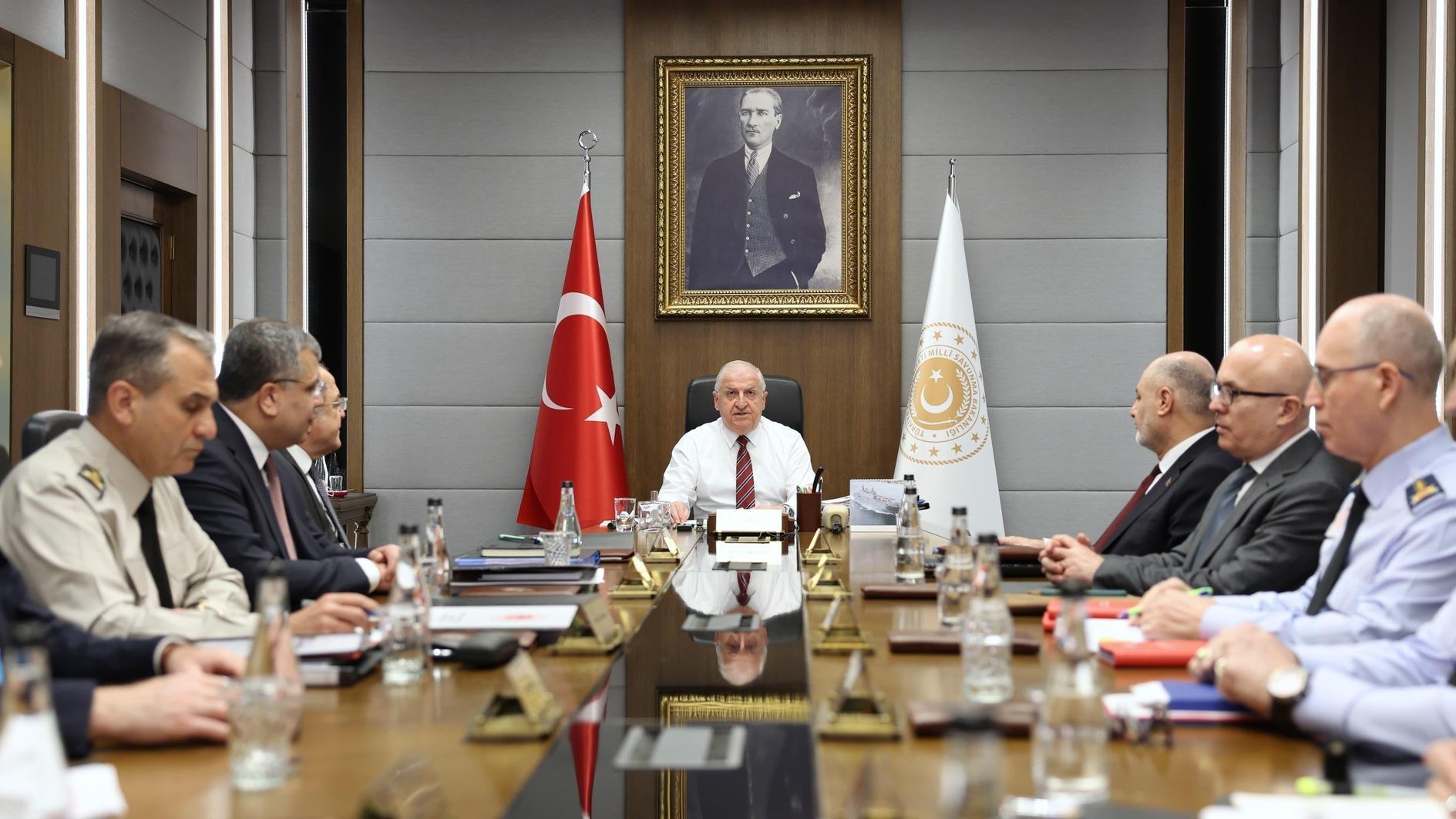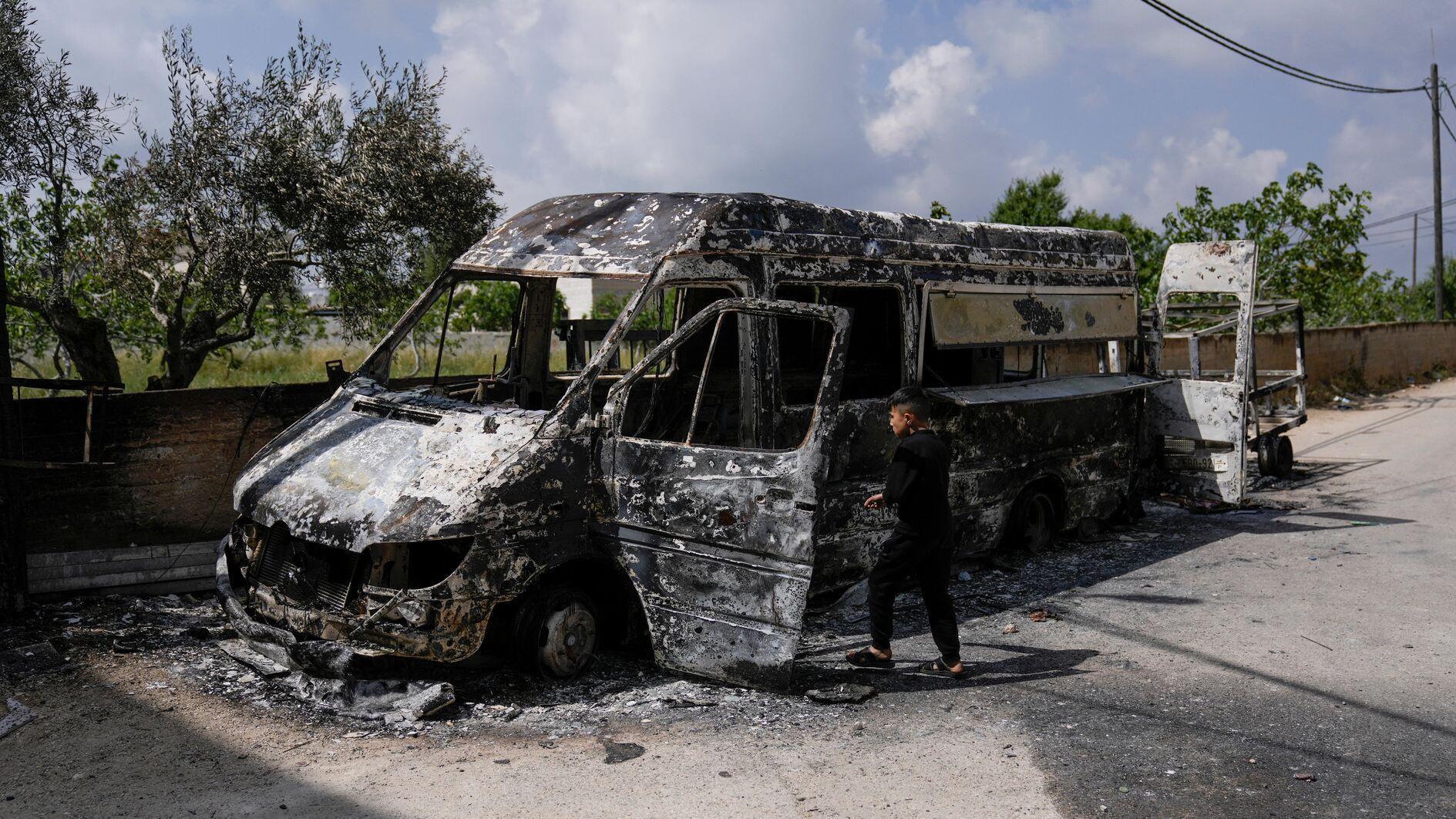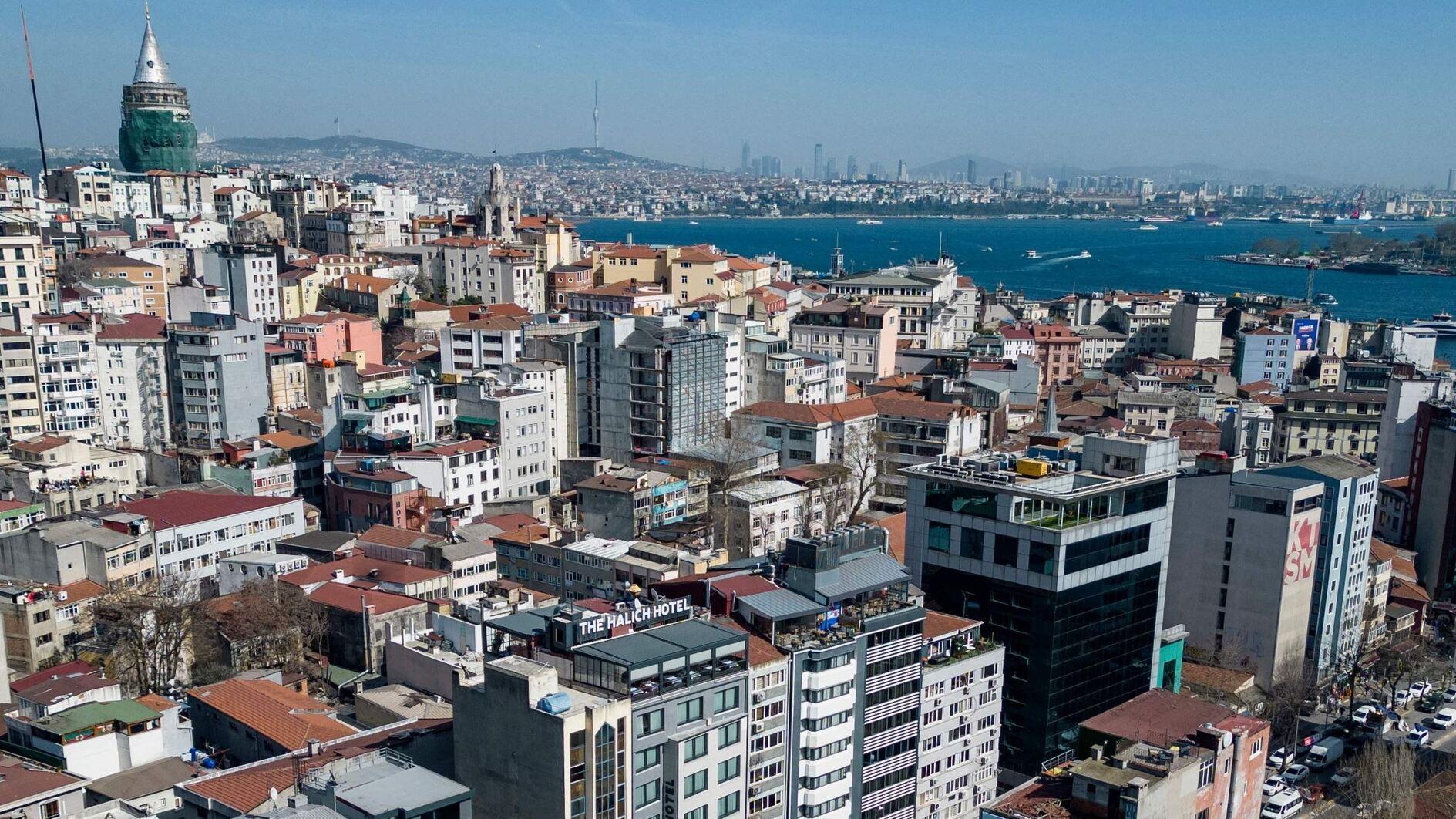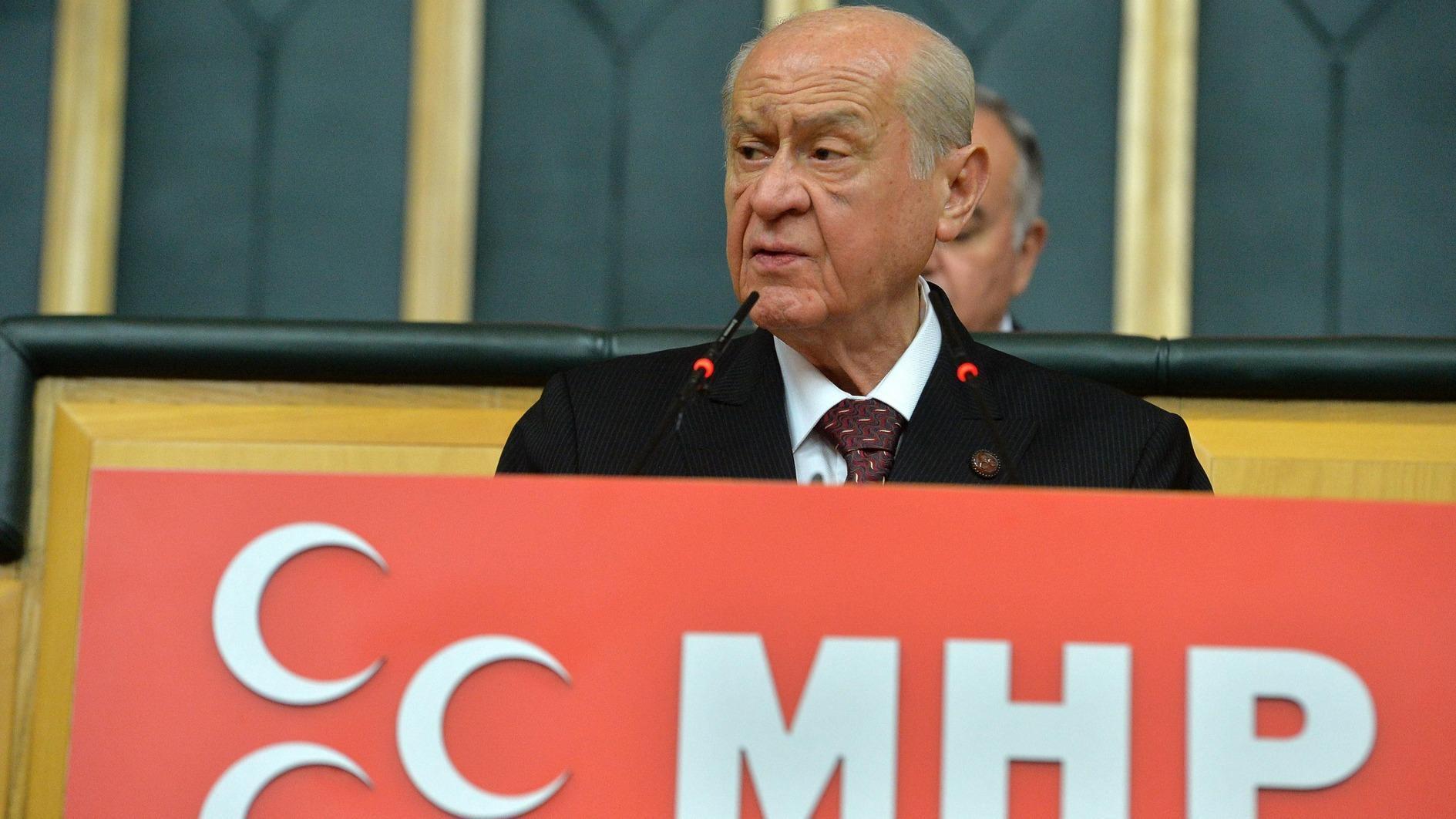Turkish tourism sector may face even tougher conditions in 2016
Turkey’s tourism numbers and income have been declining this year amid security concerns and economic woes in Russia, but the losses may be much higher in 2016 unless serious measures are taken, especially in a bid to preserve the country’s perception abroad.
The number of foreign visitors to Turkey fell in the first half of the year, while the outlook for the rest of 2015 appears gloomy. Foreign arrivals fell 2.25 percent to 14.89 million people in the first six months, data from the Tourism Ministry showed. Tourism revenue is the biggest component of financing for Turkey’s large current account deficit.
Turkey’s tourism income decreased by 13.8 percent in the second quarter of the year, down $7.73 billion compared to the same period of the previous year, according to data from the Turkish Statistics Institute (TÜİK). Rising security concerns due to the possibility of Islamic State of Iraq and the Levant (ISIL) attacks and conflicts between Turkey and the outlawed Kurdistan Workers’ Party (PKK) as well as other geopolitical risks, like the contracted Russian economy, have played a role in the decrease, according to sector representatives.
According to a leading sector player, Turkey still has a chance to end the year without seeing a dramatic decrease in the number of tourists and reservations, though the reservations for next year are alarmingly low.
The sector has already lost almost half-a-million Russian tourists this year due to the economic problems in Russia. This situation is, however, not peculiar to Turkey, as the same trend is seen in many other countries which are usually hot destinations for Russian tourists.
The number of foreign visitors has been falling across all provinces, except the city of Istanbul, which has become the fifth most visited city in the world with 12.56 million projected visitors in 2015, according to the annual MasterCard Global Destinations Cities Index.
The situation with Istanbul’s popularity is a bit different, according to tourism representatives, due to the huge number of transit air passengers passing through the city to visit other countries. Some of the foreign visitors who are recorded as visiting Istanbul are just passing through the city, not staying.
The hotel occupancy rates also showed the slowdown in the sector. Turkey has seen the steepest decrease in hotel occupancy rates in Europe, excluding Russia, according to STR Global’s June figures. The hotel occupancy rates were announced as 68.6 percent in June, a 7.6 percent decrease from the same month of 2014.
The main problem with the Turkish tourism sector seems to be a decrease in the number of European tourists. According to data from the Tourism Ministry, the number of foreign tourists from France decreased by 22.3 percent while the number from Italy decreased by 19.5 percent in the first half of the year compared to the previous year. Although a dramatic drop was not seen in the number of British tourists visiting the country in the first half of the year, the rising security concerns about Turkey will especially hit the tourism traffic from Britain, according to tourism players.
“There is a perception in some countries as if a deadly war has erupted in Turkey. We need to fix this perception and explain ourselves adequately,” said another leading tourism representative.
This brings us the main question: Who will run the process? I mean, it is a big unknown which tourism officials or government members will work to help improve the profile of the country abroad amid a deadlocked post-election process without a government in months. The required measures, however, need to be taken immediately in the sector, which financed around 53 percent of the country’s current account deficit at $46.5 billion in 2014.











